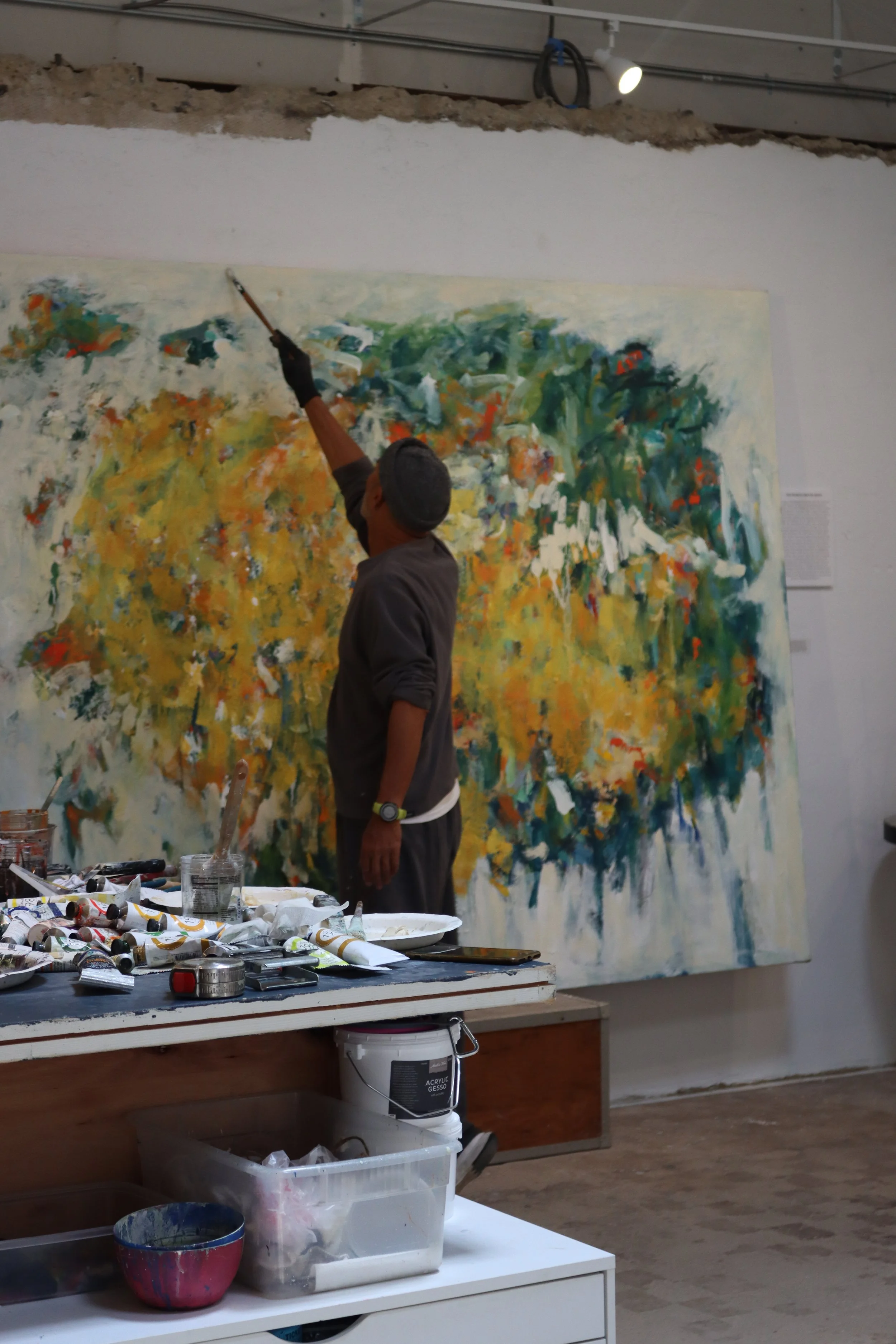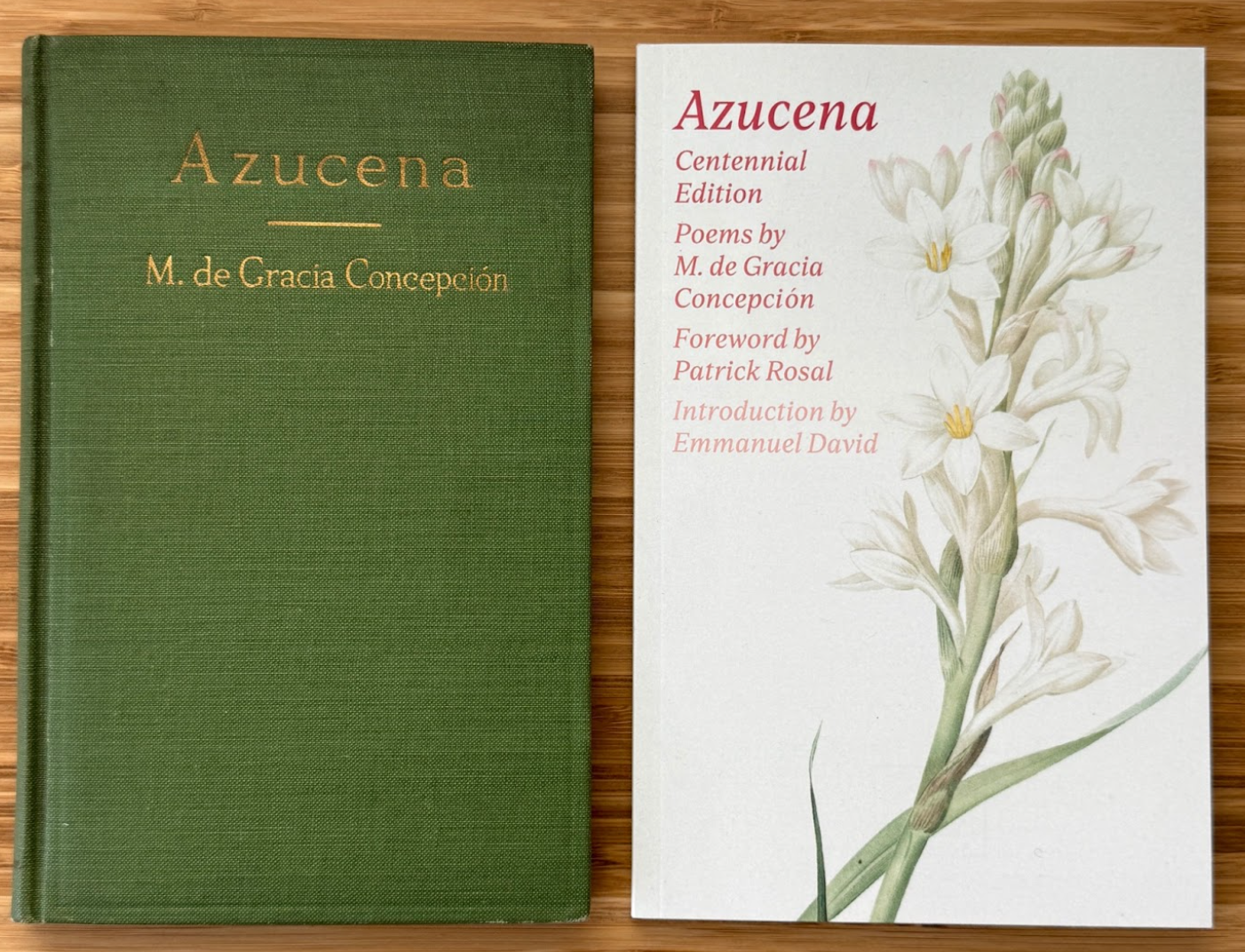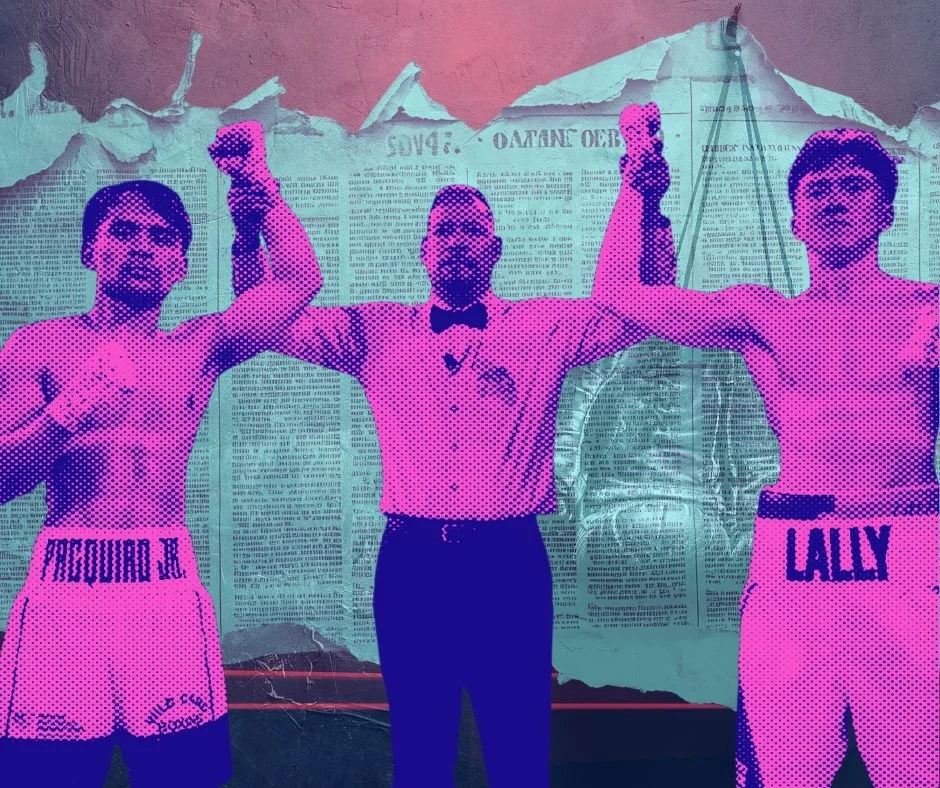Filipino Gift-Giving Superstitions 101
Giving gifts has been a long-standing and culturally ubiquitous way to show someone you care, appreciate them, and wish them well. But hidden beneath this seemingly straightforward deed is a realm of superstitions and beliefs that give the art of giving a fascinating new dimension. Discover the intriguing customs of gift-giving that have been passed down through the ages, each with a distinct twist and cultural importance. Some of these are derived from other cultures but we’ve all heard it in our families at some point or another. Which ones were popular in your family?
Avoid Giving Shoes.
Giving shoes is seen as unlucky in many cultures as it is thought to signify that the receiver will walk away from you (Another variation is that they’d “walk” all over you). It's interpreted as an insult in some cases, and as a sign of moving on from the relationship in others. If you must give shoes as a gift, put some cash inside to represent that you purchased the shoes from the receiver.
Don’t give a person you love a mirror.
It is said that giving a loved one a mirror as a gift can make them vain. Also, mirrors are believed to draw evil spirits in Chinese and other Asian cultures, giving a mirror to someone could have unfavorable effects on their life. Naturally, breaking the mirror—either before or after it is gifted—means bad luck for the next seven years! Not something you wish to have on your record.
Never Gift a Clock.
Giving someone a clock is frowned upon in Chinese culture. The Mandarin word for "clock" has a sound that is related to the words for "end" or "death," which makes it a foreboding gift option. Giving someone a clock is thought to represent the passing of time and the breakdown of a relationship.
Odd Numbers Are Lucky.
In certain cultures, even numbers are thought to portend bad luck, whereas odd numbers are thought to bring good fortune. Consider selecting an odd number of goods for a present in order to attract good fortune and positive energy.
Don't Gift Sharp Objects.
Giving sharp things, like scissors or knives, to someone is said to break ties and bring misfortune in certain cultures. It is usual to include a penny with a sharp object gift if you choose to give one. The present becomes a symbolic purchase rather than a bad omen when the recipient 'buys' it.
Gift Wrapping Matters.
Many superstitions place significance on the wrapping of a gift. White wrapping is a death symbol in Japan, but red and yellow are lucky colors in Korea. Respecting cultural beliefs is just as important as being aesthetically pleasing when it comes to presentation care.
Don't give empty wallets.
It's a superstitious belief that if you give someone a purse or wallet, they should receive good luck if you put money, even just a coin, inside. It makes sense that a method to get around the law was developed because this custom is followed in Italy, the country that produces many exquisite leather wallets and purses.
No to this shiny rock: Opals.
It is said that opals are one of the unluckiest gemstones, opal gifts should be avoided unless the recipient was born in October, when opal is the birthstone month, in which case the unfavorable energy associated with the stone will be reversed. Opals in engagement rings should never be set because they symbolize early widowhood.
Mind the Number Four.
The number four is connected to death in many Asian cultures, particularly in China, where the word for "four" has a similar sound to the word for "death." Giving flowers in multiples of four is therefore regarded as unlucky. Conversely, the number eight is lucky and represents prosperity and wealth.
The world of gift-giving superstitions is as diverse as the cultures from which they originate. While some may dismiss these beliefs as mere superstitions, they add a layer of intrigue and thoughtfulness to the act of giving and receiving gifts. Whether you're participating in a cultural exchange or simply want to add a touch of mystique to your gifts, being aware of these superstitions can make the experience even more meaningful.























When the Avengers: Doomsday one-year countdown dropped, audiences didn’t just watch. They paused, replayed, shared, and even speculated about hidden messages. A week later, the clip surpassed 14 million views, becoming a viral moment picked up across major media outlets that fueled anticipation for the next chapter of the Marvel Universe.
The countdown video was the result of a collaborative effort led by AGBO and its studio partners. Supporting the marketing team as a contracted editor was Joshua Ortiz (@joshuajortiz), a Filipino American filmmaker whose career has steadily built toward opportunities to contribute to projects of this scale, alongside earlier success with the short films he has written and directed.